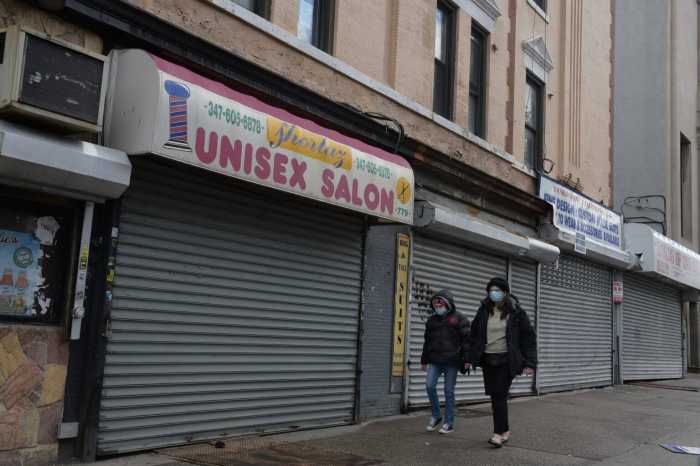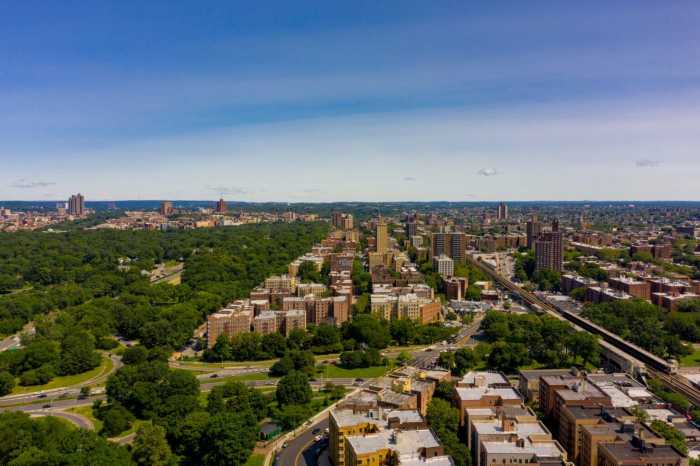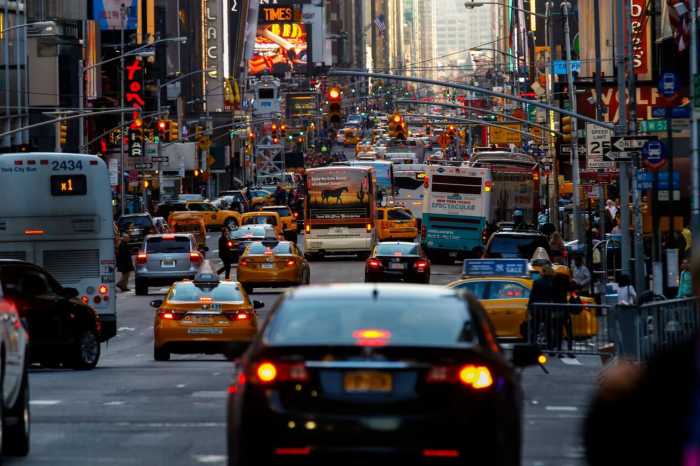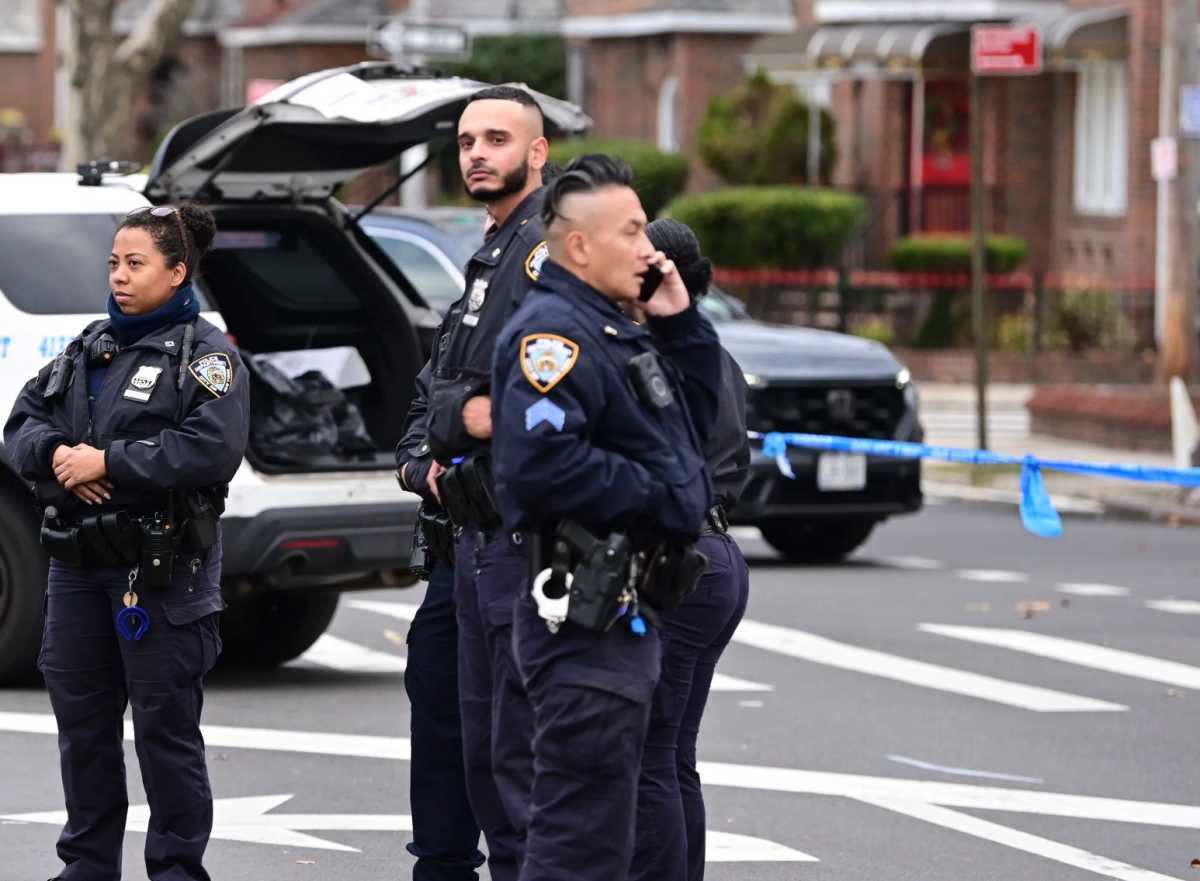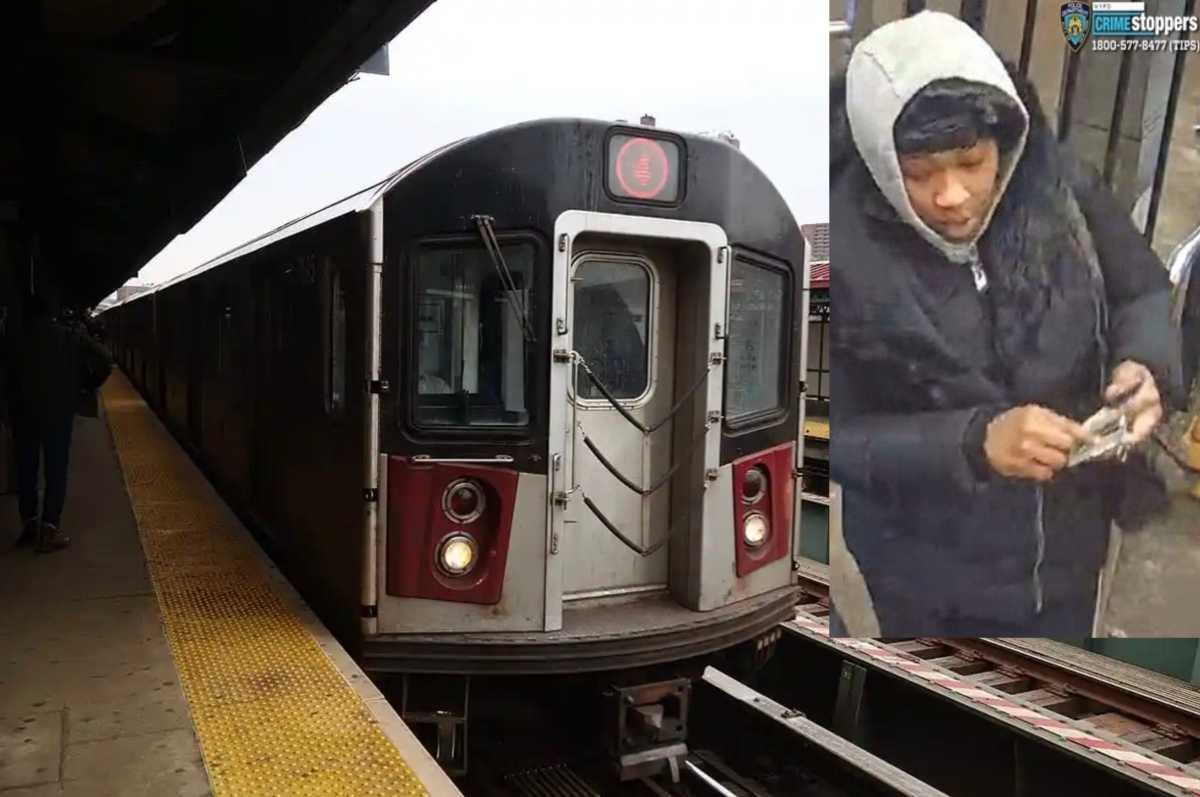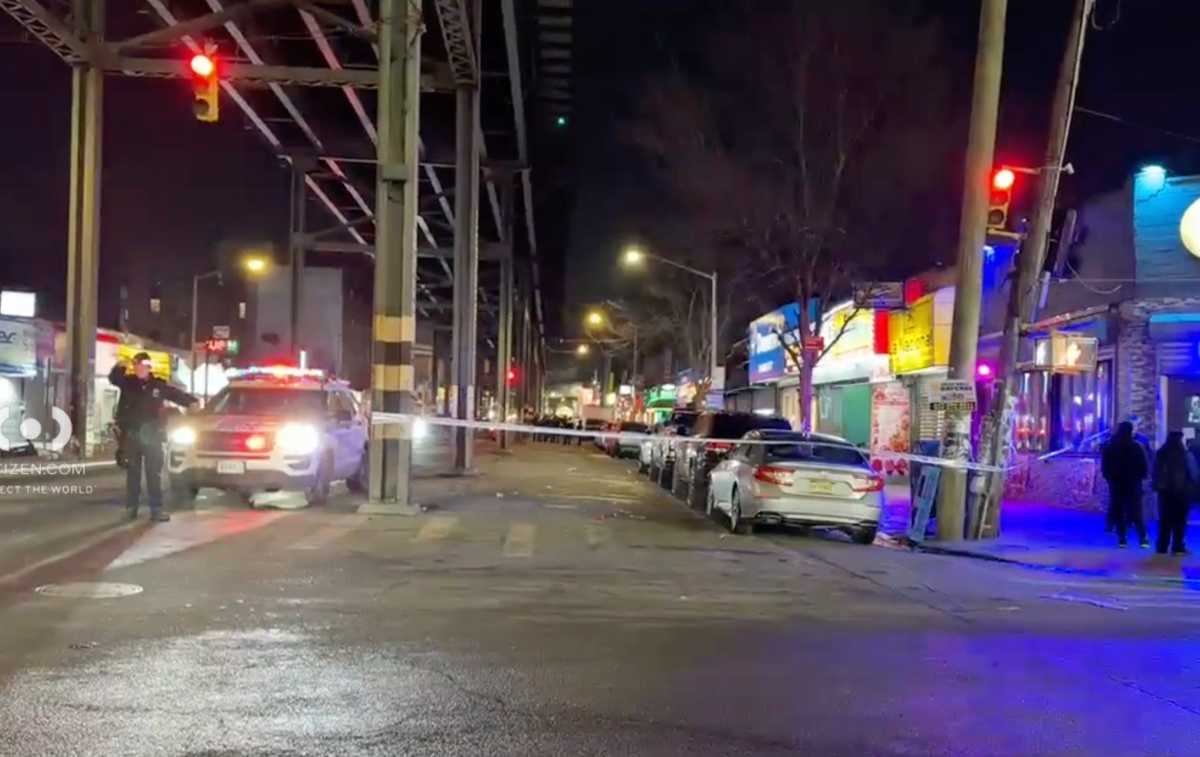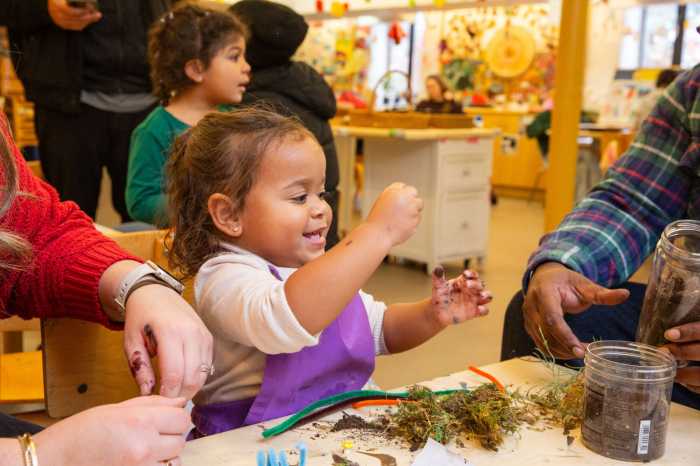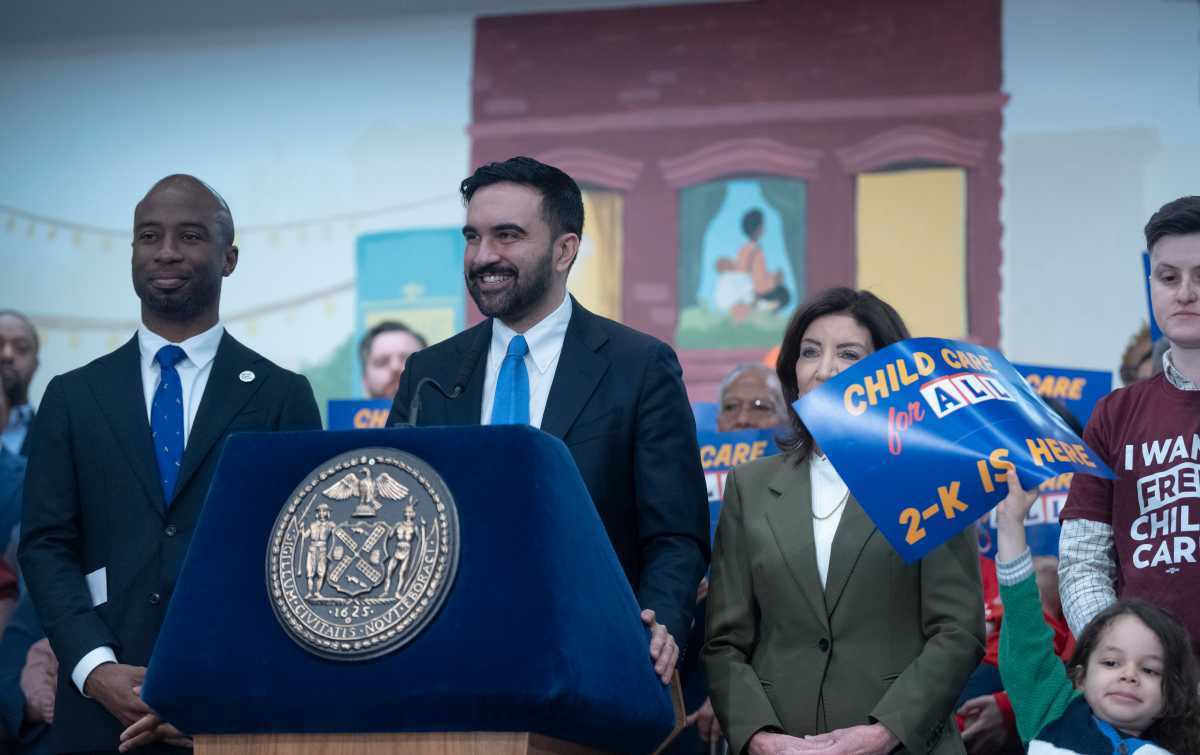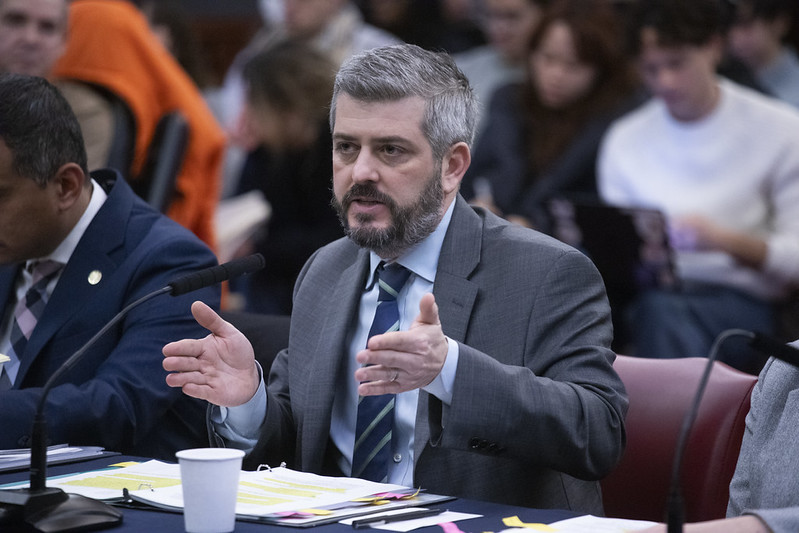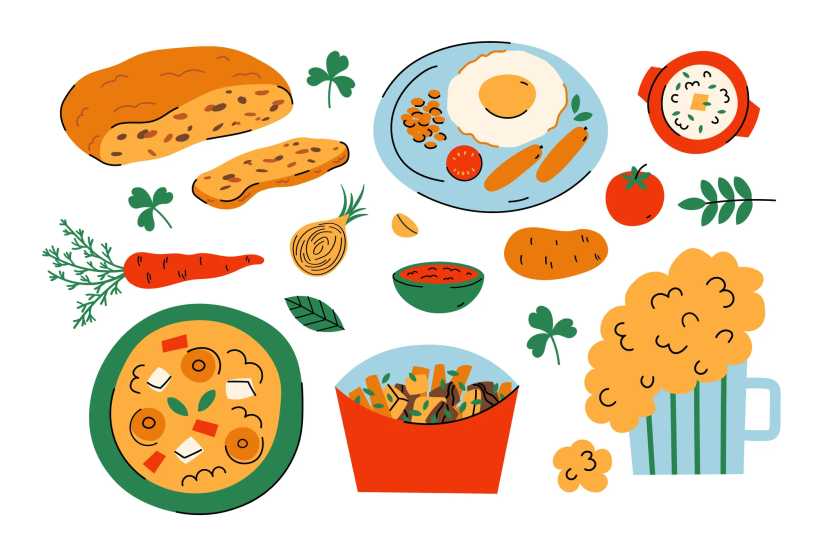Here are some things that 14-year-old Michael from the South Bronx had never done: he had never hiked through the woods. He had never canoed on a lake. He had never ridden a zip line and he had never hung out with a kid from the Upper West Side.
“My life was basically my house, my school,” he says. “And my phone.”
Michael is part of a well-documented cohort of young people buffeted by 21st century forces with which we all struggle — the suffocating isolation of the pandemic, the often-toxic echo chamber of social media, political divisiveness, the seeming hopelessness of economic inequity and a warming planet.
This drumbeat of daunting themes has, understandably, put a new kind of strain on families. A recent Pew study found that people considered parenting much harder than they expected, more so than previous generations. The survey found that their No. 1 worry was their children’s mental health. Behind that were fears of bullying, violence, drugs and alcohol.
These concerns are a snapshot of challenges facing Gen Z, but they are also a to-do list for our city. What young people need, a raft of studies suggest, is community, exposure to a broader society, a sense of possibility and accomplishment — a reconnection to the natural world.
The good news is that there are a number of programs in New York that already exist to accomplish these goals.
Michael, for example, is a Scout, part of an organization that has been around since Franklin Roosevelt was the Greater New York Council’s first volunteer chair. Last summer at Scout camp, Michael spent the week outside, learned first aid and made friends from neighborhoods — and walks of life — that were new to him. The serene silence at the campsite was also new to him; it was the first night Michael had ever spent away from the street noise of cars passing by his house. Back in the city he competed in a Klondike Derby sled race on the Coney Island Beach and visited local cultural institutions he had never been to, though they were not far from his apartment.
Through Scout programs, Michael was introduced to STEM and mentors who shared his interests, but were able to provide entirely new perspectives and experience. These individuals understood who Michael was and were able to offer insight into possible future opportunities, matching his learning styles and aptitudes to new avenues. Through the merit badge program Scouts are exposed to an array of different skills, including business, architecture and journalism. Once they choose a topic that intrigues them, they are paired with industry professionals who impart real world experiences and knowledge.
Outside of academics, outdoor adventure and leadership programs have played a significant role in character development. Kids learn by doing, in unfamiliar natural settings where they can challenge themselves in new ways.
It offers young people the chance to build skills, relationships and self-esteem away from the doom-scrolling of social media, which has been repeatedly shown to promote isolation and depression among teens. Summer camping trips promote a sense of community in an environment where many differences are removed through shared purpose and focus on common values – right down to the uniforms. The teamwork and inherent empathy of Scouting are a natural fit for the organization’s strong anti-bullying emphasis.
Like the city it serves, diversity is the strength of the organization, from welcoming girls and LBGTQ+ youth to serving first and second-generation immigrants. Two years after the first girls joined Boy Scouting, nearly one thousand female Scouts have achieved the rank of Eagle Scout – the highest achievement in the nation.
And because young New Yorkers face a critical crisis of opportunity, Boy Scouts of America heavily subsidizes its programming to keep it affordable for city families. The socioeconomic situations of Scout families are as diverse as our Scouts themselves, and within a single troop there are often significant disparities of income. A large portion of youth members receive camp scholarships and fully subsidized registration to keep year-round programs accessible.
Just as families have changed, so have the organizations formed to serve them. Scouting has evolved enormously since its inception more than 100 years ago. In reality, the organization has always been much more than its most reductive cultural image, more than Norman Rockwell’s fresh-faced boy walking an elderly person across the road. Modern Scouting is global, diverse and forward-thinking. But the individual values of curiosity, empathy, self-improvement and the community values of kindness, courtesy and helping others have not gone anywhere. They are needed now more than ever in our disconnected world.
Saroya Friedman-Gonzalez is the CEO of The Greater New York Councils, Boy Scouts of America.
For more coverage, follow us on Twitter, Facebook and Instagram @bronxtimes



